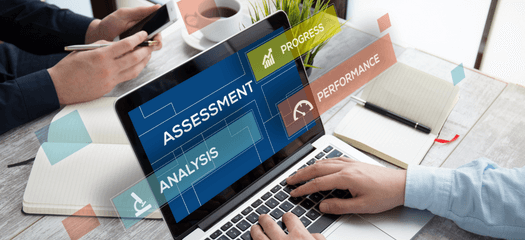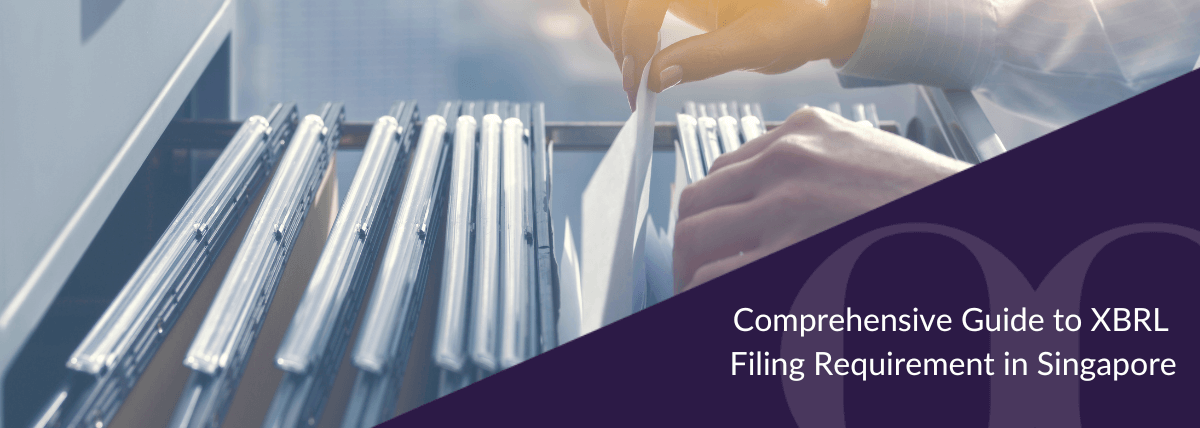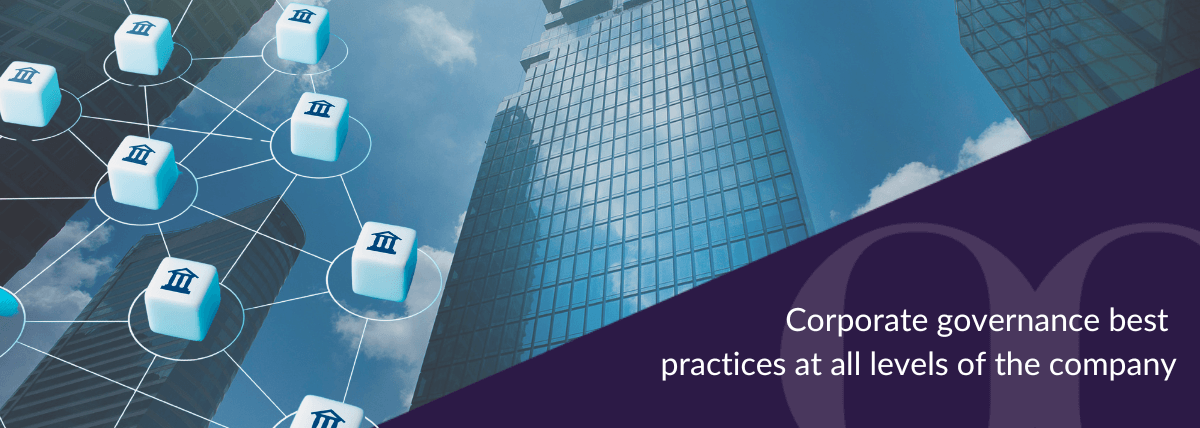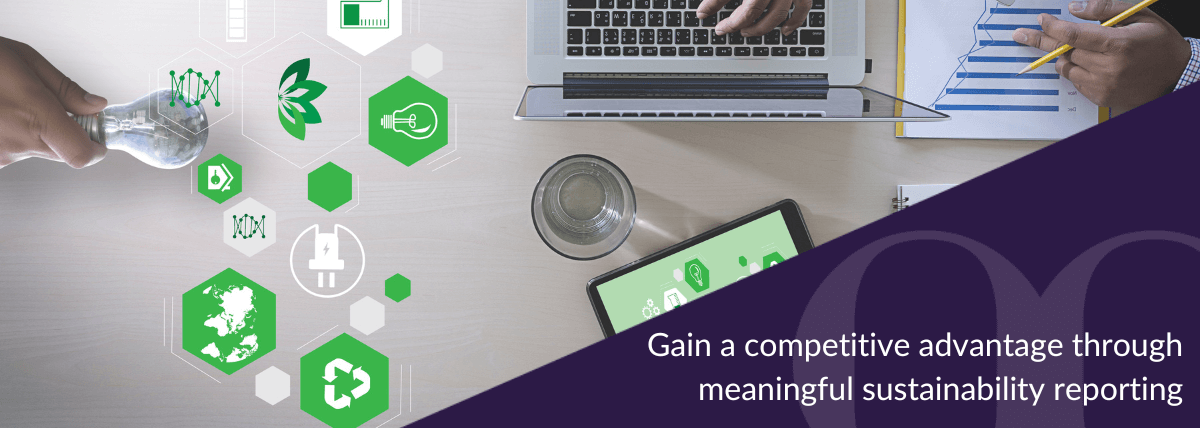Singapore recently raised its national climate target to achieve net zero emissions by 2050 – earlier than previously committed. In the announcement, the National Climate Change Secretariat urged the region’s public and private sectors to play their part in shaping a low-carbon future.
The change comes as expectations for genuine environmental, social, and governance (ESG) action and corporate social responsibility continue to grow throughout the Asia-Pacific region and worldwide.
In this article, we speak to Tina Thomas, Head of ESG for BoardRoom, about how businesses in Singapore can enhance their ESG performance in the eyes of stakeholders through high-quality sustainability reporting and by using ESG reporting frameworks.
The importance of sustainability reporting in Singapore
High expectations for responsible corporate practice in Singapore mean businesses are under pressure to demonstrate their commitment to ESG action. Companies can achieve this by publicly disclosing information about the sustainability outcomes achieved.
Quality sustainability reporting helps private and public businesses to:
Attract investment
According to Enterprise Singapore, ESG must be prioritised to attain investments, as investors are now looking to ‘green’ their portfolios.
“Investors want to know more about the risk profile of the companies they invest in,” explains Tina.
ESG reporting allows you to demonstrate the strategies your business is using to respond to the challenges and opportunities affecting its sustainability – and the scope is broader than sustainability alone. Investors want to see how businesses operate with integrity and good social responsibility in accordance with reporting frameworks. For example, local community giving initiatives and ethical decision-making all play a role in shaping a low-carbon future. As a result, investors can have greater confidence in your potential for long-term value creation.
Achieve robust regulatory compliance
In an effort to support a sustainable economy and bring companies in line with global baseline reporting standards, Singapore’s regulatory system is escalating its requirements for ESG reporting. Businesses are under mounting pressure to disclose specific data that relates to the climate risks and opportunities most material (relevant) to them.
“Regulators want companies to start pricing in the cost of externalities, including environmental pollution and biodiversity impacts,” says Tina.
The law already requires some public-listed companies to produce sustainability reports. However, all Singaporean companies – public or private – can use sustainability reporting as a tool to elevate their reputation and protect their operational longevity.
Improve brand value
In a 2022 PWC survey, 32% of Singaporean consumers said they often or always consider governance factors when making purchasing decisions. 31% say the same about social factors. Forward-thinking businesses are tapping into this desire for responsible corporate practice by increasing the visibility of their ESG initiatives.
“ESG has become a differentiator for businesses by adding to their brand value,” Tina says.
Businesses should also recognise the potential for ESG reporting to build trust with employees, investors and business partners.
“It can help you attract the right talent and customers, and tap into new market growth opportunities arising with the evolving ESG trend,” Tina adds.

How do I showcase my ESG efforts?
Any company can publish a statement about its commitment to ESG action. However, without hard data to back up its claims, it is unlikely to earn stakeholder trust.
Key methods to broadcast the outcomes of your sustainability efforts include:
Keep in mind that stakeholders, who are on alert for greenwashing, will heavily scrutinise your public ESG disclosures. To illustrate your integrity, demonstrate how your ESG efforts align with your company’s core values using evidence.
What are the mandatory disclosures for ESG in Singapore?
By 2025, public-listed companies in some major industries will be required by law to disclose their ESG management in line with recommendations by the Task Force on Climate-Related Financial Disclosures (TCFD). Listed companies outside the nominated industries will also be required to comply unless they can reasonably explain why they have taken an alternative course of action.
To provide a starting point for this transition, the Singapore Exchange (SGX) has proposed a list of core ESG metrics companies can use for their reporting.
“The core metrics are quantitative and applicable to most listed companies across various industries,” says Tina.
Examples of these metrics include:
While the core metrics offer commonality and consistency in what companies report, be aware that it is your responsibility to disclose the information most relevant to your business.
Whilst ESG disclosures are not yet required for private companies in Singapore, ESG reporting must be a business priority if your company wants to remain competitive and be successful. ESG frameworks come in various forms, so it’s important to know what is relevant to your business.
Which ESG reporting framework should I use?
Whether you are a publicly listed or private company, to ensure your sustainability report carries weight in an increasingly global marketplace, we recommend adhering to globally recognised frameworks such as:
- TCFD recommendations – prescribed by the SGX for climate reporting;
- Global Reporting Initiative (GRI) Standards – the world’s most widely used sustainability reporting standards;
- SASB Standards – often combined with GRI standards to appeal to various audiences; and
- UN Principles for Responsible Investment – actions for incorporating ESG issues into investment practice.
As a publicly listed company, you must follow SGX guidelines first and foremost; however, some industries require more robust additional reporting. For privately listed companies that don’t need to follow the standards set by SGX, you may choose based on your industry, what your competitors are using, or emerging regulations.
Do I need to conduct a materiality assessment?
Impactful ESG action starts with understanding what matters to your business and your stakeholders, and where you can make the most difference. The need for familiarity with these factors makes conducting a materiality assessment critical.
“A materiality assessment allows businesses to identify the key ESG metrics and factors relevant to them and present a risk or opportunity for the businesses,” explains Tina.
“From there, they can decide what the next steps should be in terms of how they want to respond.”

What are the common challenges of ESG reporting, standards, and frameworks?
The main sustainability reporting challenges for businesses in Singapore include:
1. Choosing disclosure topics
According to Tina, companies often need clarification on which ESG data to include in their reports.
“ESG reporting encompasses a big list of factors,” she says. “Depending on which framework you look at, there could be as many as a hundred topics you can disclose against.”
The best framework for you will come down to various factors, such as your listing status, stakeholder expectations, size, industry, and geographical presence. After selecting your framework, conducting a materiality assessment will help identify which disclosure topics are most important for your business. Many Singaporean and multinational businesses engage with expert ESG reporting services for guidance on this matter.
2. Collecting solid, timely data
Manual tracking of sustainability efforts can be time-consuming and expensive, and the resulting data often lacks accuracy, consistency and depth.
“ESG data – especially on environmental risks and impacts – can be very difficult to collect because it may fall outside the company’s immediate control,” Tina says. “It may also sit with different people, which makes collecting and combining the data in one place a slow, arduous task.”
For many businesses, the solution lies in modernising the data collection process.
“Technology can automate some of the processes around data management and also help streamline the process,” Tina adds.
3. Setting relevant targets
Even if you have collected good data on your ESG efforts, you may be unsure how to measure sustainability performance in a meaningful way.
An ESG services provider will have a thorough understanding of ESG performance benchmarking in your industry and across the SGX, which means they can help you take steps to increase the effectiveness of your initiatives.
They can recommend achievable yet compelling ESG targets to pursue according to relevant reporting frameworks and standards such as GRI, SASB, and so on.

Can I elevate my brand image through sustainability reporting?
The best way to ensure that your sustainability reporting bolsters your reputation is by demonstrating how your ESG efforts create real change for local communities, whether your business is based in Singapore or elsewhere in the world.
“Focus on communicating the positive impact you are having within your sphere of control,” Tina says. “This will eventually help to improve your reputation, brand image and consumer engagement.”
For powerful reporting, you can also:
Enhance your sustainability reporting with BoardRoom Singapore
BoardRoom’s ESG Access platform builds greater value into your sustainability reporting by automating your data collection, report production, and stakeholder engagement processes. Its evidence-based approach means you and your stakeholders can expect higher returns on investment in sustainability initiatives.
With BoardRoom’s holistic approach to ESG, our services extend beyond reporting to advisory and assurance. From conducting a materiality assessment to identify which ESG issues and frameworks relate to your organisation to ensuring supply chain compliance with socially responsible business practices, we help transform your organisation into a more socially accepted, environmentally sustainable business with better risk management.
Please contact our team in Singapore to find out more about our sustainability reporting services.
Contact BoardRoom for more information:
Related Business Insights
-

08 Jul 2024
Your Guide to Corporate Tax Filing in Singapore
Learn to navigate corporate tax filing in Singapore effectively and ensure timely, compliant submissions with our c …
READ MORE -

14 Jun 2024
Comprehensive Guide to XBRL Filing Requirement in Singapore
Explore the essentials of XBRL filing in Singapore, covering mandatory requirements, benefits, preparation steps, a …
READ MORE -

11 Jun 2024
Corporate governance best practices at all levels of the company
Corporate governance goes beyond compliance, shaping the fabric of an organisation. Discover the corporate governan …
READ MORE


